DIHAC study contributes a keynote at APEC seminar for Senior Citizen’s Connectivity and Healthiness
In Autumn 2025, DIHAC study was honored with a keynote presentation at the Asia-Pacific Economic Cooperation (APEC) seminar, held in Beijing from September 17 – 19, 2025
The Digitally Inclusive Healthy Ageing Communities (DIHAC) study continues to gain invitations across Asia and the Pacific and globally to share the results and evidence. From September 17–19, 2025, the “APEC Digital solutions and Technologies for Senior Citizen’s Connectivity and Healthiness” seminar was organized in Beijing, China, supported by the Asia-Pacific Economic Cooperation (APEC) and overseen by the Beijing International Exchange Association. 33 experts form 14 economies, including ministerial delegates, academic experts, and top private companies in China participated in the discussions.
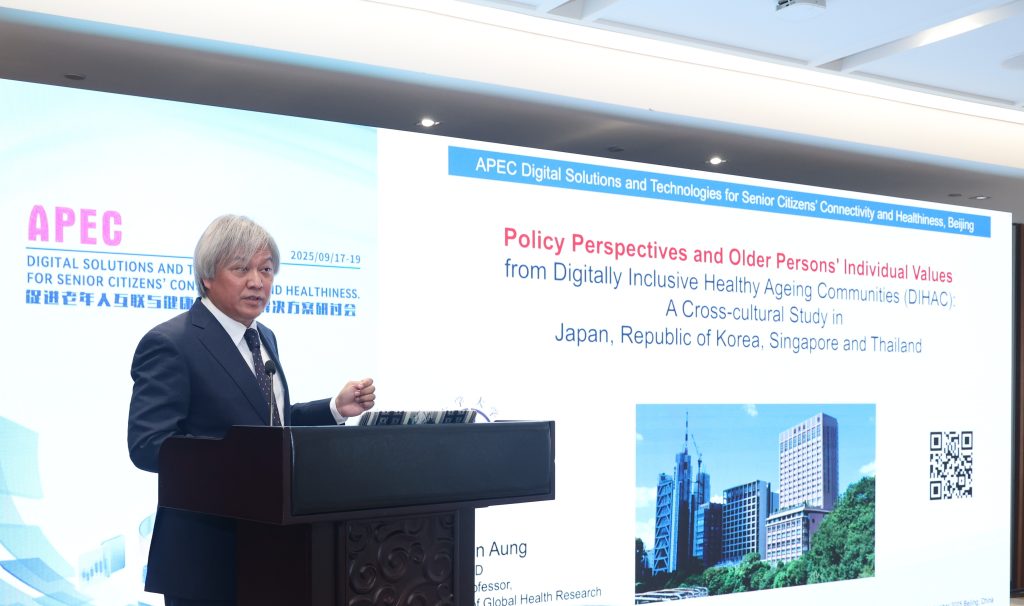
Fig. 1: DIHAC study PI Dr. Myo delivering the keynote presentation at the APEC seminar in Beijing, September 17 – 19, 2025
DIHAC study Principal investigator, Associate Professor Myo Nyein Aung, Department of Global Health Research, Graduate School of Medicine, Juntendo University, Japan delivered a keynote entitled “Policy Perspectives and Older Persons’ Individual Values from Digitally Inclusive Healthy Ageing Communities (DIHAC): A Cross-cultural Study in Japan, Republic of Korea (ROK), Singapore and Thailand”. He presented digital skills belonged to the older persons’ in Japan, ROK, Singapore and Thailand and advocated the importance of community based digital literacy training programmes giving outstanding examples of good practice in four countries.
The presentation sparked passionate dialogue among regional experts, on ‘digital inclusion’ and ‘healthy ageing’. It provoked the thought who is the current players whether local government or NGO or social enterprises or private business sectors in each context and advocated to forge public-private partnership. Asia, Australia, Latin America’s delegates actively engaged in the passionate discussion.
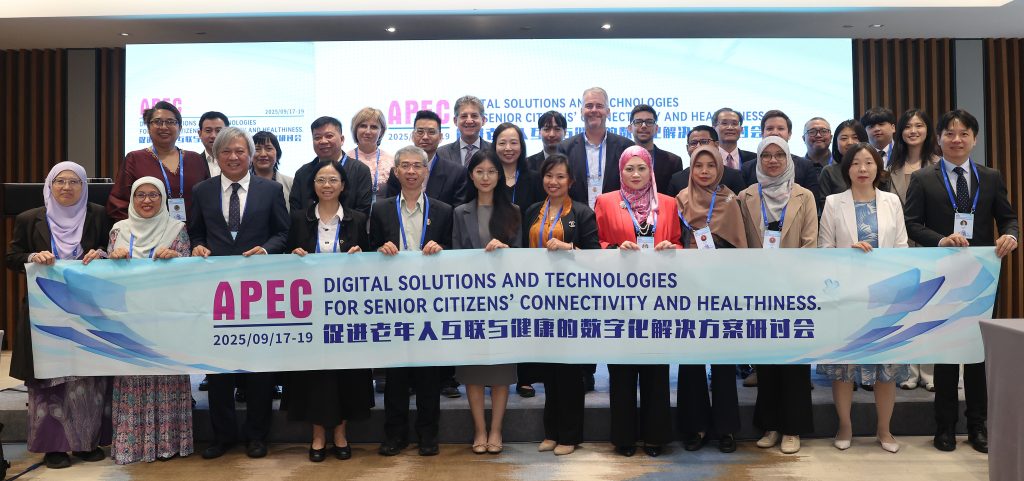
Fig. 2: Representatives from 14 economies, organizer and official from the Ministry of Science and Technology of China at the APEC meeting in Beijing, September 2025
Every day of the APEC meeting ended with two panel discussions in the evening. The panel of China, Indonesia and Thailand on 17th September brainstormed the different paths to digitally inclusive healthy ageing. The next panel of Australia, Malaysia and China on 17th September sought the entry of private sector to invest in digital inclusion in addition to innovations.
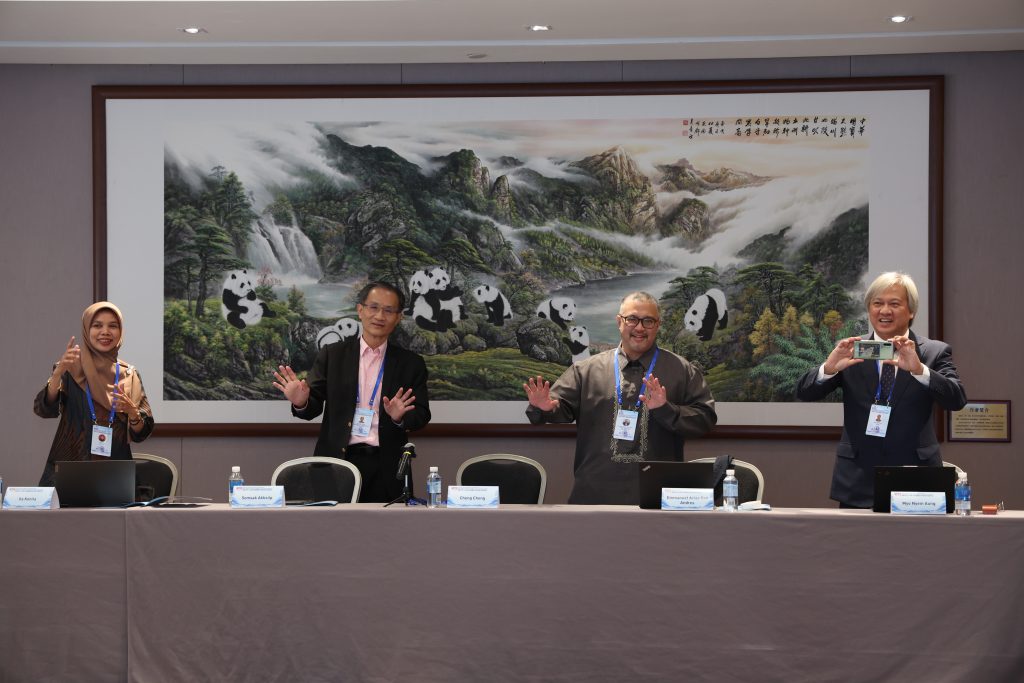
Figure 3: Key stake holders of ASEAN and APEC for healthy ageing and digital inclusion at the meeting in Beijing September 2025
On 18th September, the first Panel in the afternoon, of Hong Kong, China; Chile; Peru; and Thailand, saw everyone got different insights and common themes. Dr. Myo advocated the importance of political priority to set digital inclusion in the agenda of healthy ageing and to set the healthy ageing as political priority in countries experiencing population ageing.
The second panel on 18th consisted of representatives of the Philippine, Viet Nam, and Brunei, emphasized on gender equity and human resources for digital literacy training. They agreed family as the basic human resources for teaching digital skills to the grannies, but it would not suffice, and community programs are required in economies with shrinking family size and increasing services being online. DIHAC study advocated the possible programs such as Active Ageing Centre in Singapore, Social Welfare centers in ROK, Saloons in Japan and option for Thailand which made several digital innovations for health but facing huge challenge for digital inclusion.
It was an event of rare opportunity where experts from different disciplines argued to bring older adults to be online and maximize their social participation. Chinese private sectors showcased the latest digital technology innovations whereas active ageing and ageing in place are common orientations in different policies of Asia. We extend our sincere appreciation to the APEC seminar organizers for their warm hospitality and commitment to advancing digital inclusion among older people. The delegates observed tech industries and robot mall on 19th September.
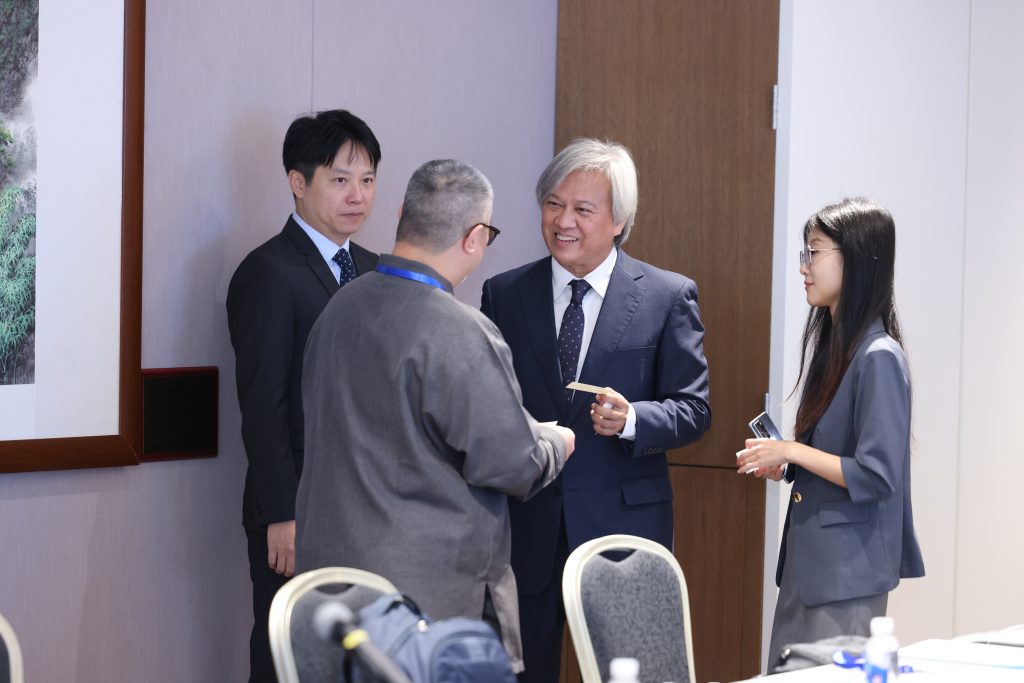
Figure 4: Organizer of APEC seminar Mr. Sam Han and Ms. Cheng Cheng, Multilateral Cooperation division, Department of International Cooperation, Ministry of Science and Technology (MOST), China with Professor Myo and APEC adviser at the meeting in Beijing September 2025
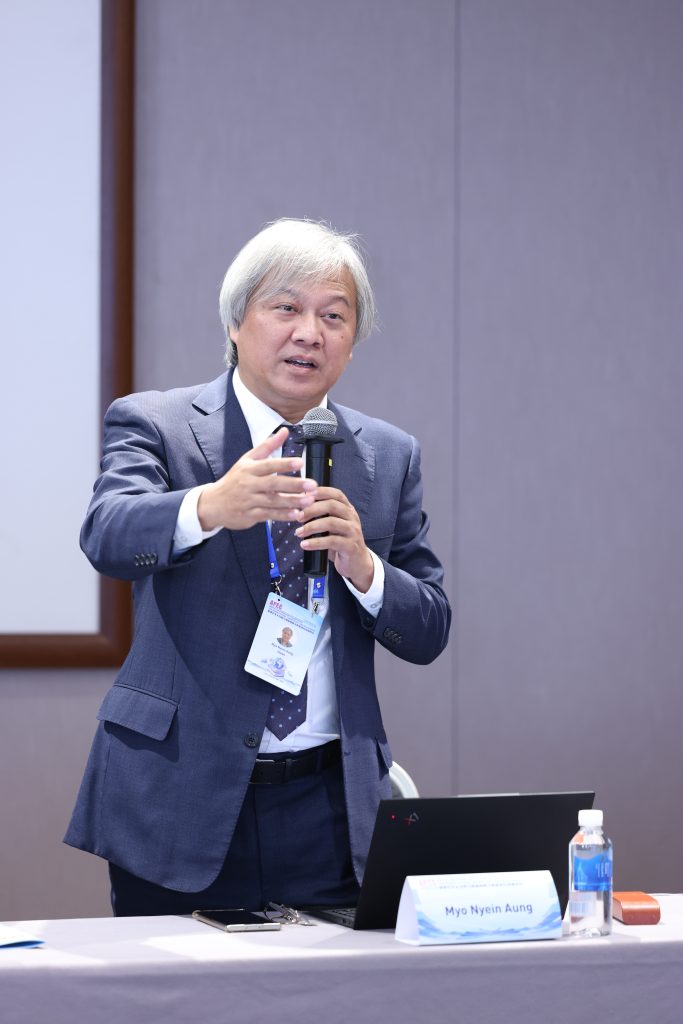
Figure 5: Professor Myo discussing to advocate political perspectives for digital inclusion and healthy ageing at APEC meeting at Beijing 17th September 2025
DIHAC study expressed sincere thanks to the Beijing International Exchange Association, with Dr. Jieni Guo as the Project Overseer to invite contributions of participants from 14 economies to the seminar. It is a milestone to building a smarter, age-friendly, and digitally inclusive healthy society in the healthy ageing decade.
